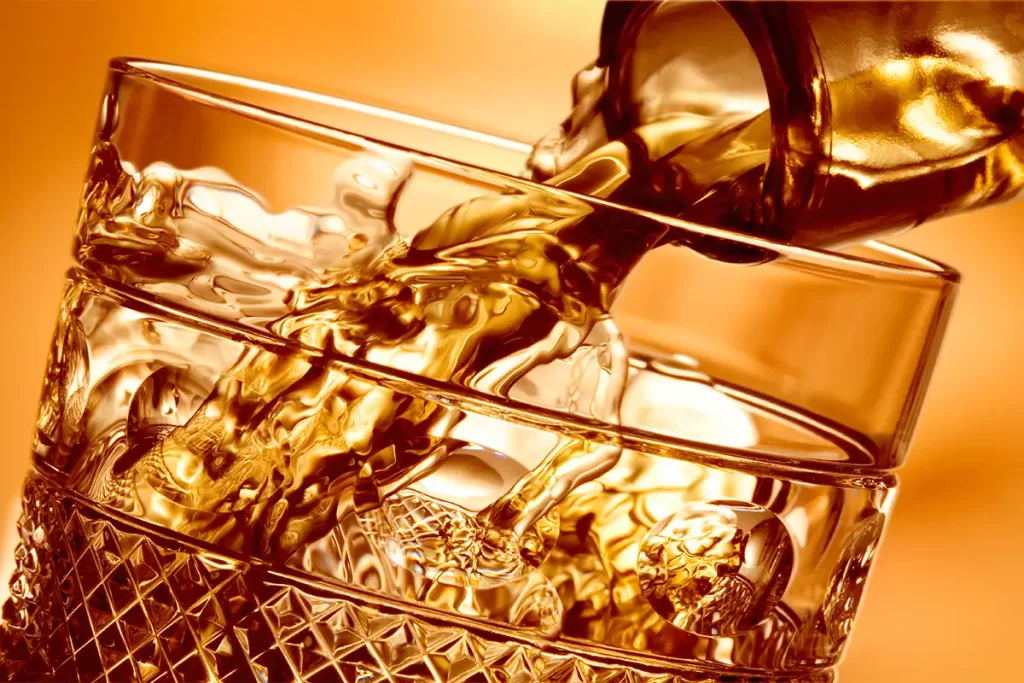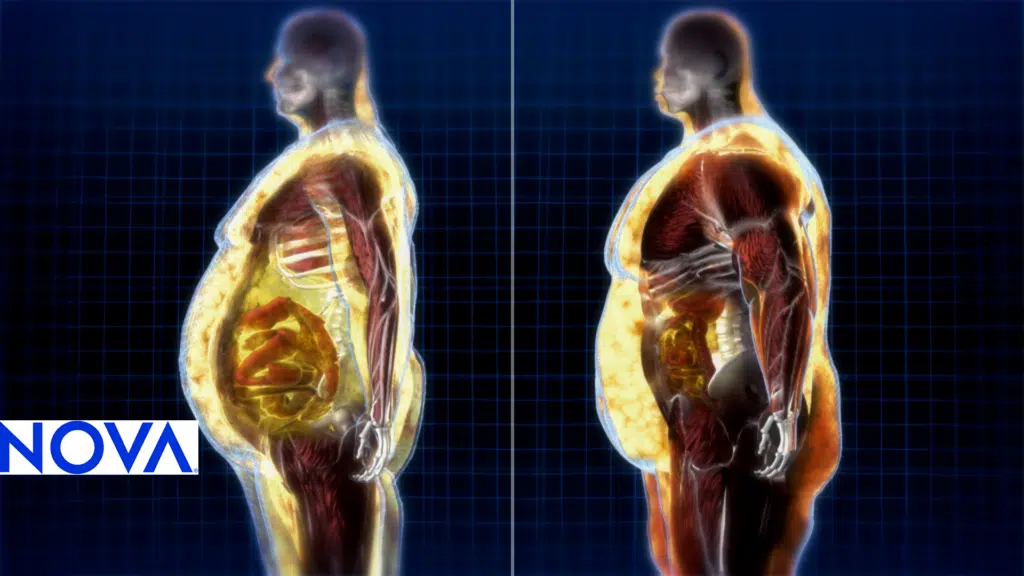One of the most negatively portrayed things in the health & fitness industry is alcohol, and for good reason. This is because many of us lack the self discipline to avoid excessive drinking on a week to week basis. The truth is that you can enjoy alcohol on a frequent basis and still stay or get lean and muscular, so long as you can fit alcohol into your caloric & macro nutrient requirements, just like with food.
Alcohol contains more calories per gram (7), than carbs & protein(4). It is predominantly a carbohydrate, but as we’ve discussed in the past, carbs are not the devil.
Here’s 5 reasons why light to moderate drinking of alcohol can be sustained while burning body fat and building muscle.
1. Only a fraction of the alcohol you drink ends up being converted into fat.
In fact, less than 5% ends up being converted into fat. This is because alcohol itself reduces the amount of fat your body uses for energy. For example, just 2 drinks of vodka and diet lemonade has been shown to cut whole body lipid oxidation by a whopping 70%!
2. Alcohol is converted into acetate
Alcohol gets converted into acetate instead of being stored as body fat. This substance is released into the bloodstream & takes priority over carb, fat, and protein metabolism.
The way your body responds to alcohol is very similar to the way it responds to excess carbs. Though carbs can be converted directly into fat, this doesn’t happen unless you’re eating huge amounts of fat.
3. Studies, studies, studies
Studies show that MODERATE consumption of alcohol(2 glasses per day) in free living subjects doesn’t influence body weight, body composition, or resting metabolism to promote excess weight gain over 6 weeks(Chaput & Traversy, 2016).
4. Alcohol doesn’t increase fat storage in a deficit
One of the main effects of overeating carbs is that it replaces fat as a fuel source. By suppressing fat burning, it enables the fat in your diet to be stored much easier. This means alcohol increases fat storage ONLY when in a surplus.
Why else does alcohol consumption tend to lead to weight gain?
Alcohol itself can disrupt attempts to get lean, because it has a disinhibiting effect, making it harder to resist eating unhealthy foods. Studies show that you tend to eat more if a meal is served with an alcoholic drink, so make a conscientious effort to not go overboard on food!
The most calorie friendly alcoholic drinks
- Tequila
- Vodka
- Rum
- Gin
- Sake
- light beer
- Prosecco
- white wine
- hard seltzer
You can still have the higher calorie alcohols like margaritas from time to time, but it will be harder to fit it into your macros than the above drinks, not to mention that they are much lower in sugar and sodium. White & red wine may be the healthiest choices out of them all, due to increased cardiovascular health and lowered LDL levels.
Conclusion
All in well, you can safely consume alcohol on a regular basis and still stay or get in the best shape of your life, so long as it fits into your calories. Remember, the most sustainable diet is the one you can follow, and a diet that doesn’t require you cutting out any of your favorite foods or drinks is most likely to lead to sustainability!
Now, it is your responsibility to drink safely. Binge drinking to the point of being blackout drunk is NOT a smart or advisable strategy, and will only lead to a host of problems afterwards. Know what your alcohol tolerance is, and try your best not to go above that mark.
Link to alcohol studies on weight gain: https://www.ncbi.nlm.nih.gov/pmc/articles/PMC4338356/#:~:text=In%20general%252C%20recent%20prospective%20studies%20show%20that%20light-to-moderate,lead%20to%20weight%20gain%20over%20short%20follow-up%20periods







